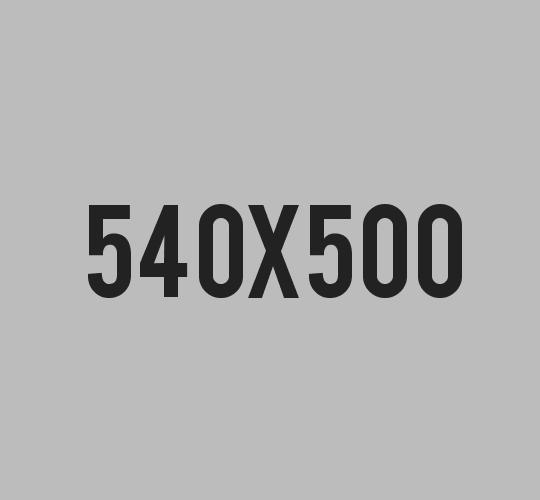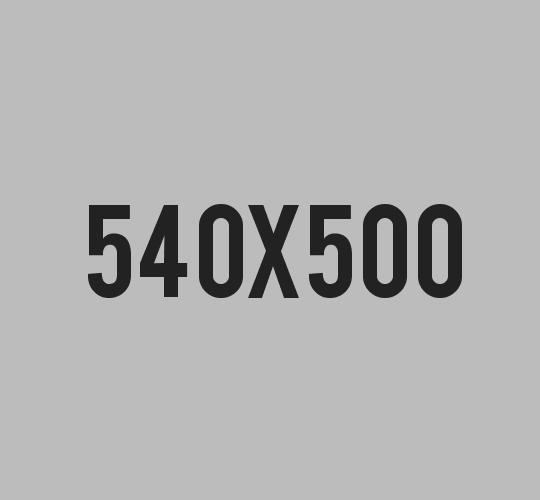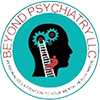Dementia is a general term for a decline in cognitive function severe enough to interfere with daily life. It affects memory, thinking, orientation, comprehension, calculation, learning capacity, language, and judgment. While dementia predominantly affects older adults, it is not a normal part of aging.
dementia


GROUP THERAY
Types of Dementia
THERAPY PROCESS
Treatment
While there is no cure for most types of dementia, various treatments can help manage symptoms:
- Medications:
- Cholinesterase Inhibitors: Such as donepezil, rivastigmine, and galantamine for Alzheimer’s disease.
- Memantine: Used to treat moderate to severe Alzheimer’s.
- Other Medications: To manage symptoms like depression, agitation, and sleep disturbances.
- Therapies:
- Cognitive Stimulation Therapy (CST): Engages people with dementia in activities and exercises.
- Occupational Therapy: Helps with performing daily tasks and maintaining independence.
- Behavioral Therapy: Addresses behavior changes.
- Lifestyle and Home Remedies:
- Healthy Diet: Promotes brain health with balanced nutrition.
- Regular Exercise: Improves mood and overall health.
- Mental Stimulation: Activities that challenge the brain.
- Structured Routine: Helps manage daily tasks and reduces confusion.
